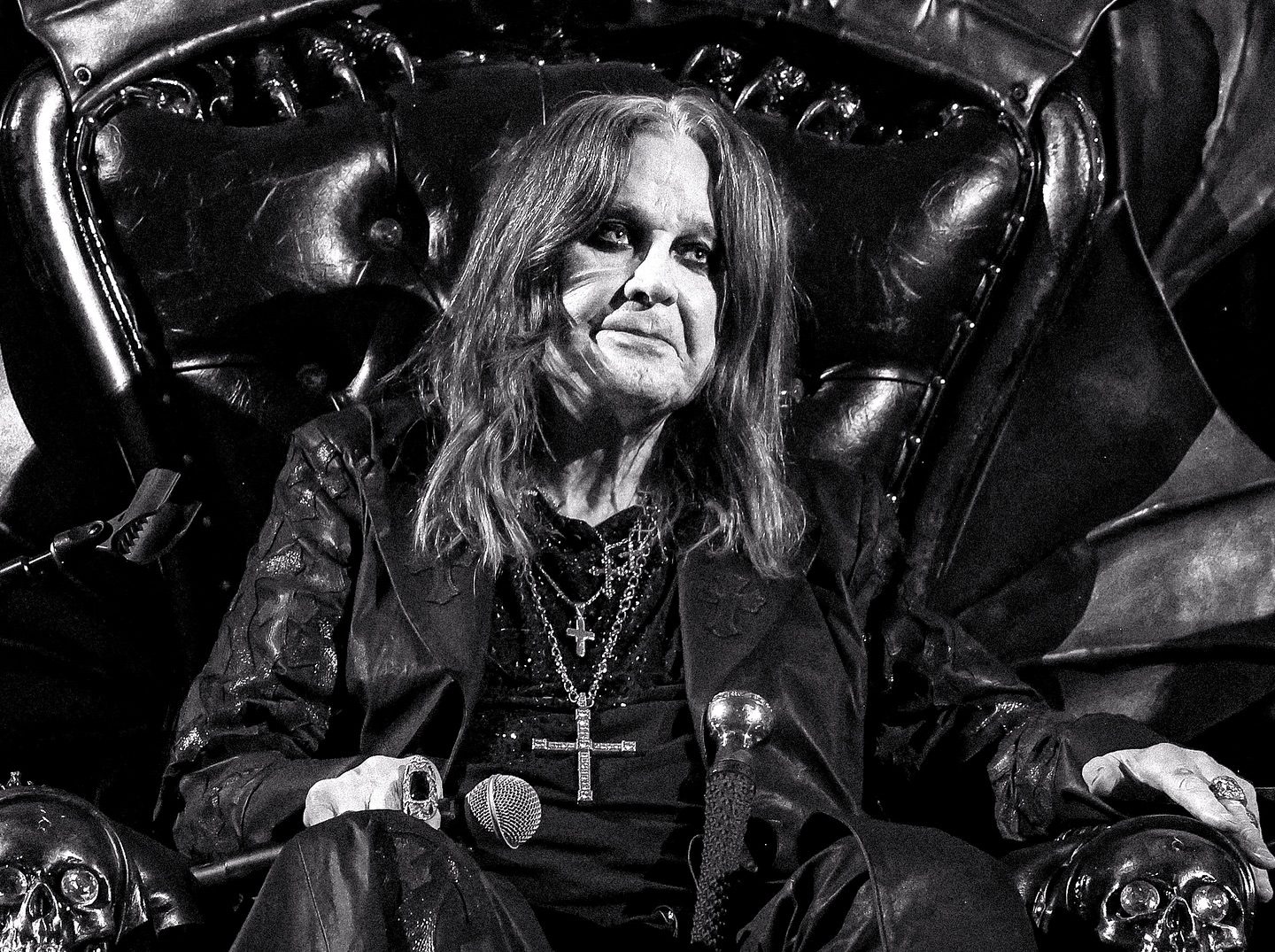He Was the Prince of Darkness—Then He Became the Dad of MTV
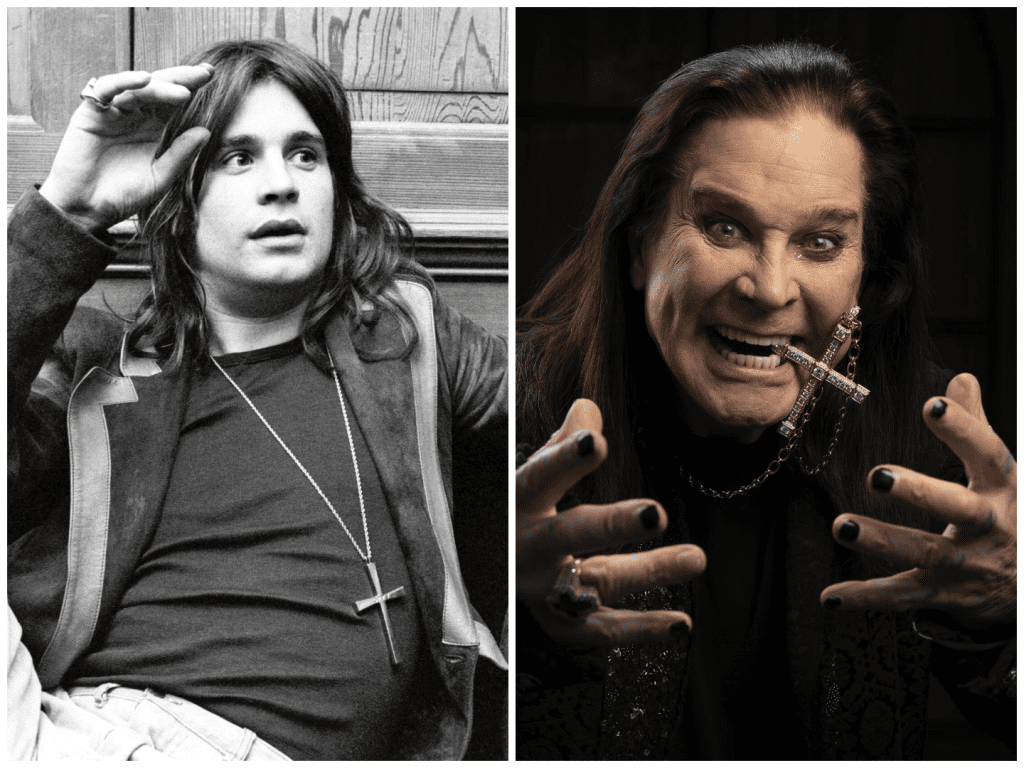
There was a time when the only place you’d expect to see Ozzy Osbourne was on stage, shrouded in smoke, wailing into a mic with a bat hanging off his legacy. The man was a rock god, a legend of metal, the voice of Black Sabbath, and the poster child for chaos. So, imagine the world’s confusion and curiosity when he suddenly showed up on MTV—doddering around his house, struggling with the TV remote, yelling at his dogs, and muttering about everything and nothing in his thick Birmingham accent. This wasn’t a new album. It wasn’t a tour announcement. It was The Osbournes, a reality TV show. And just like that, Ozzy Osbourne, the same man who once scared parents to death with his music, became a household dad figure on cable television.
When The Osbournes premiered in 2002, nobody quite knew what to expect. Reality TV was still finding its footing. Survivor had blown up, Big Brother was stirring controversy, and The Real World was doing okay—but none of it looked anything like this. Here was the Prince of Darkness, in his Beverly Hills mansion, dealing with broken furniture, rebellious teenagers, and fart jokes. There were no scripts, no glamorous edits, no polished presentation. Just Ozzy, Sharon, Kelly, and Jack being wildly themselves, completely unaware they were about to rewrite the rules of television.
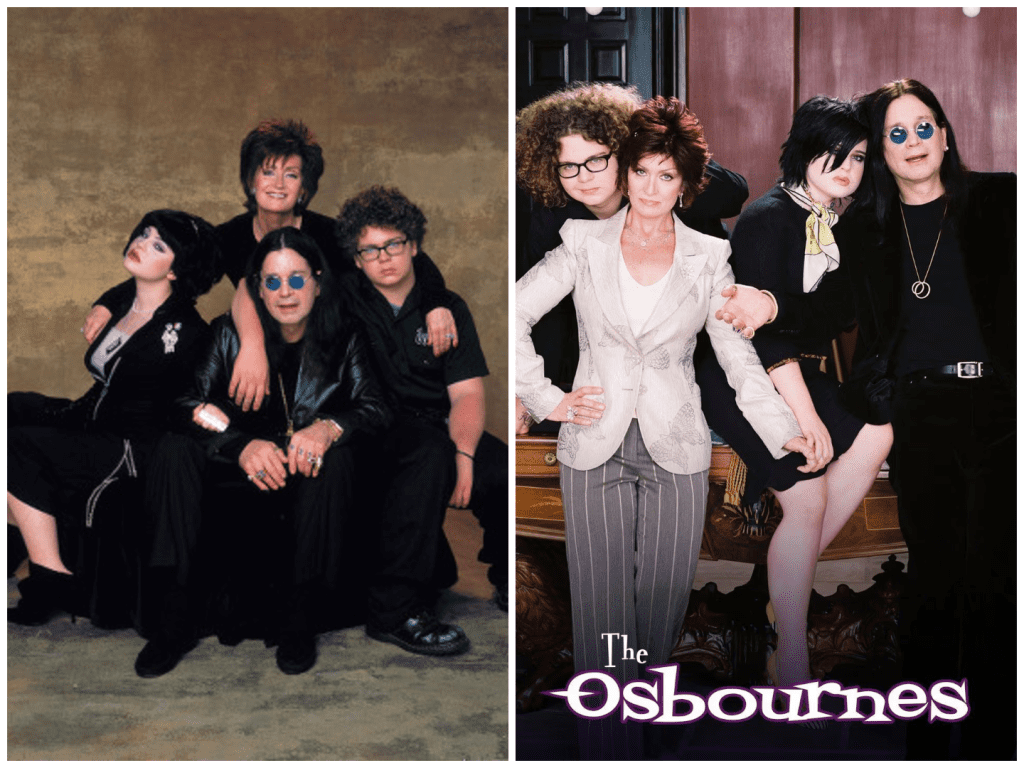
What made the show magical wasn’t the rock and roll chaos—it was the unexpected normalcy. Fans tuned in expecting to see a fire-breathing metal icon live like a maniac. Instead, they saw a man who couldn’t figure out the microwave. Ozzy shuffling down hallways in slippers, muttering “Sharonnnn!” like a confused sitcom dad, became meme-worthy before memes were even a thing. It was hilarious, heartwarming, and often heartbreaking. You saw a man worn by decades of fame and chaos trying to enjoy a quiet life. You saw Sharon keeping the household together with fierce energy. And you saw their kids trying to figure out life while living in the strangest, most famous fishbowl imaginable.
The Osbournes worked because it was real, and yet completely surreal. There were pet disasters, family fights, bleeped-out swearing every two seconds, and random moments of brilliance. Fans loved the authenticity. Nothing felt filtered. Ozzy wasn’t pretending to be anything. He was confused, sometimes a little lost, often unintentionally funny, but always endearing. The chaos didn’t feel forced—it felt like what happened when you let a rockstar family just exist in front of a camera.
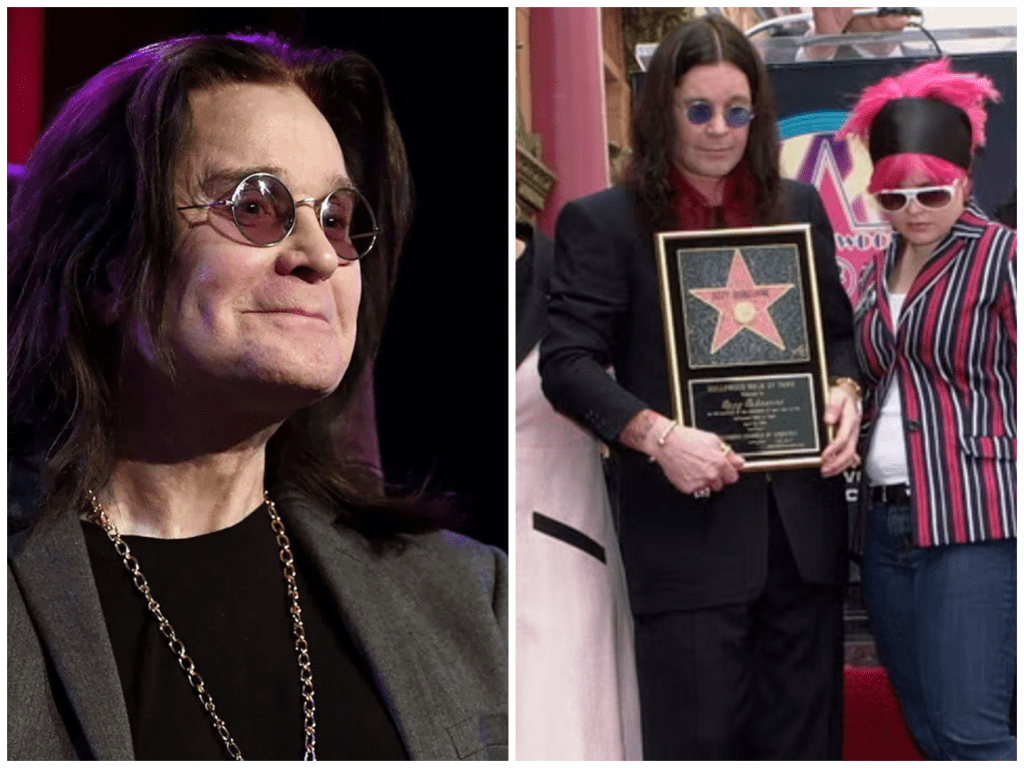
Critics didn’t know what to make of it at first. But the audience didn’t care. The show became an instant hit. Ratings soared. It broke records for MTV and became one of the most-watched shows on cable. Suddenly, Ozzy was everywhere—not just on music channels, but on morning shows, award shows, and late-night interviews. Teenagers who had never heard of Black Sabbath suddenly adored this strange, mumbly British man and his quirky household. Ozzy had somehow reinvented himself without even trying. He didn’t change—he just let the world see a different side of him.
What made it even more fascinating was how vulnerable it all felt. Ozzy was dealing with health issues and years of physical and mental exhaustion. Sharon was battling cancer during the show’s run. Their family wasn’t perfect, and they never tried to act like it was. They argued, cried, laughed, and exposed their flaws. But it never felt exploitative. It felt raw. It felt like a strange, gothic, hilarious version of the American family dream—unfiltered and loud, but deeply loving.
Over time, The Osbournes didn’t just entertain—it changed pop culture. It opened the doors for a whole wave of celebrity reality TV. Without Ozzy and his family, there might never have been Keeping Up With the Kardashians, Hogan Knows Best, or even Gene Simmons Family Jewels. It proved that people weren’t just interested in the performances of stars—they wanted to see the mess behind the curtain. They wanted to know what their idols were like at home, when the makeup came off and the lights dimmed.
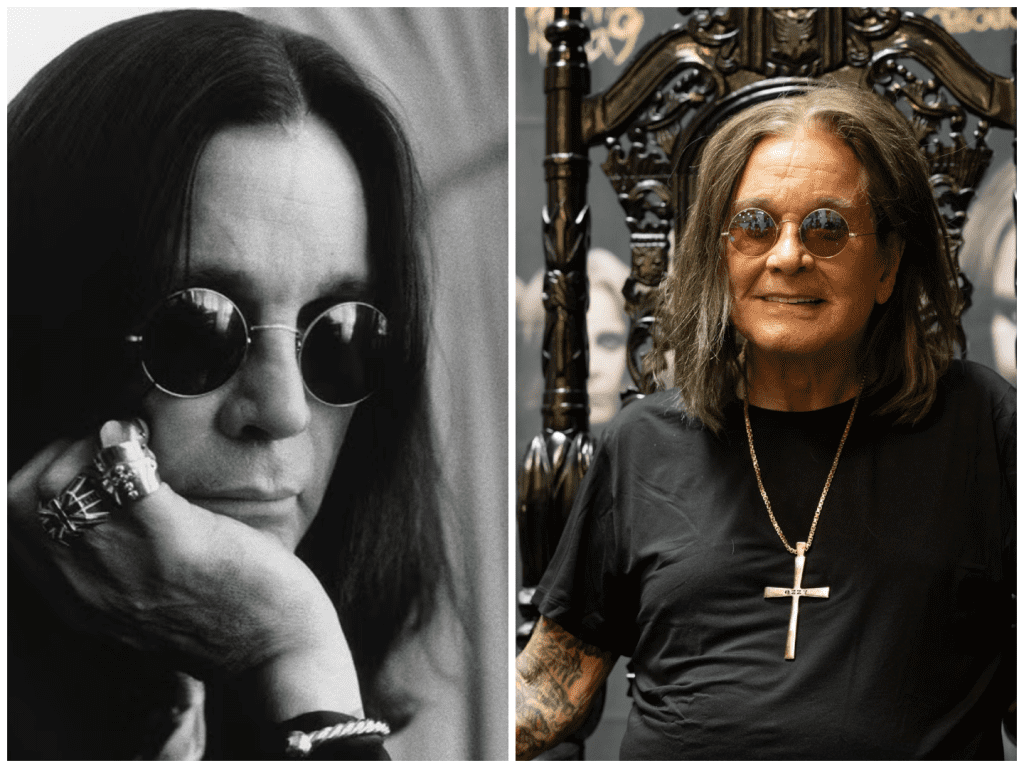
But through all the media frenzy, Ozzy remained Ozzy. He didn’t become a reality star by chasing fame. It just happened. His mumbling honesty, his accidental humor, and his genuine love for his family made him one of the most unintentionally lovable people on TV. And while the show eventually ended in 2005, its impact never really went away. Ozzy’s brand expanded. He became less of a mythical figure and more of a human legend. Someone you could laugh with, cry with, and cheer for—whether he was on stage or in his living room.
Looking back, The Osbournes was never supposed to work. A wild metal frontman and his dysfunctional-but-lovable family airing their daily chaos on MTV? It sounded absurd. But it was perfect. Because beneath the gothic jewelry, the eyeliner, and the decades of music history, Ozzy Osbourne was just a guy. A guy who loved his dogs, adored his wife, worried about his kids, and sometimes couldn’t remember where he put the TV remote. And that’s exactly why we loved him.

